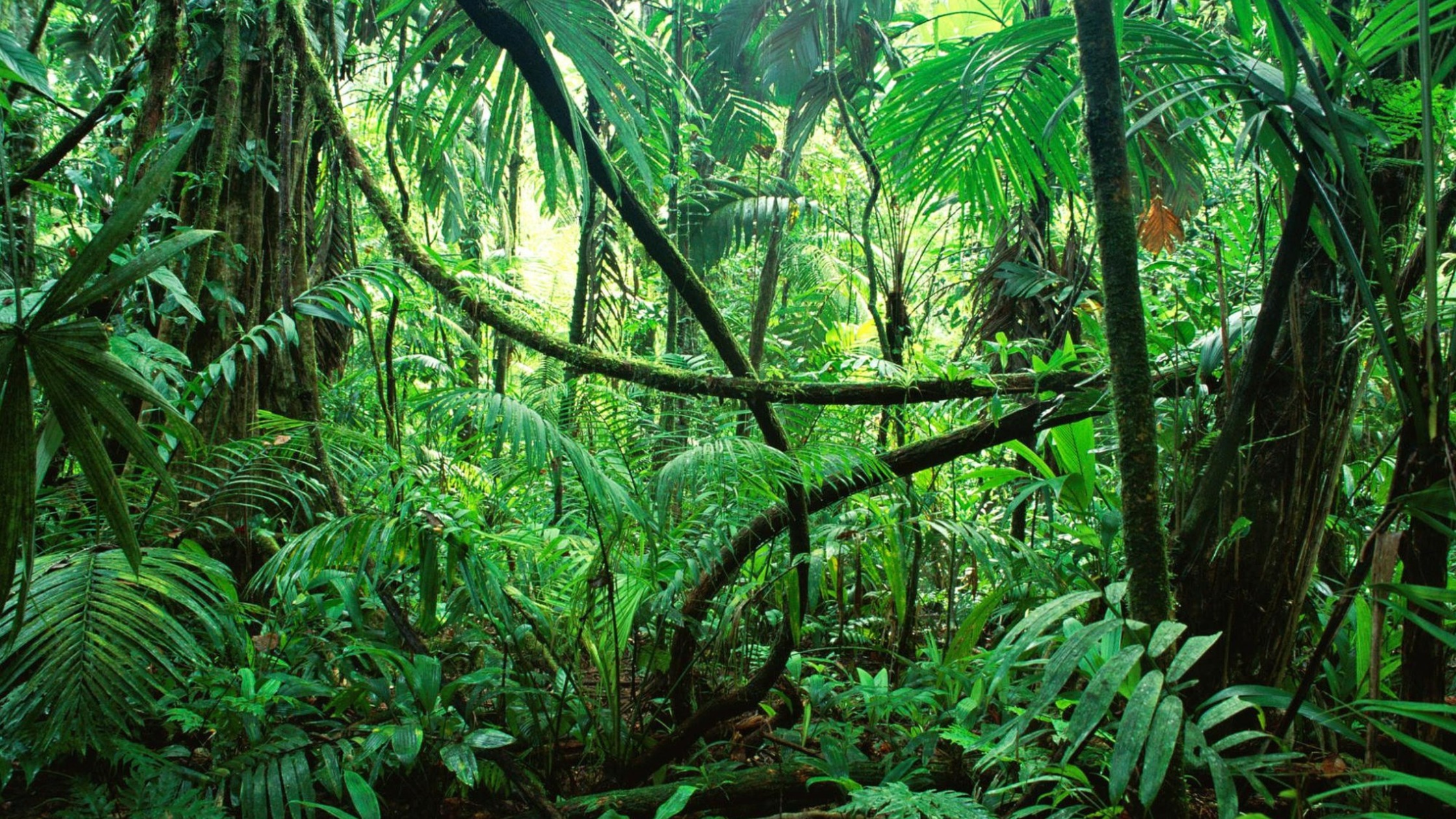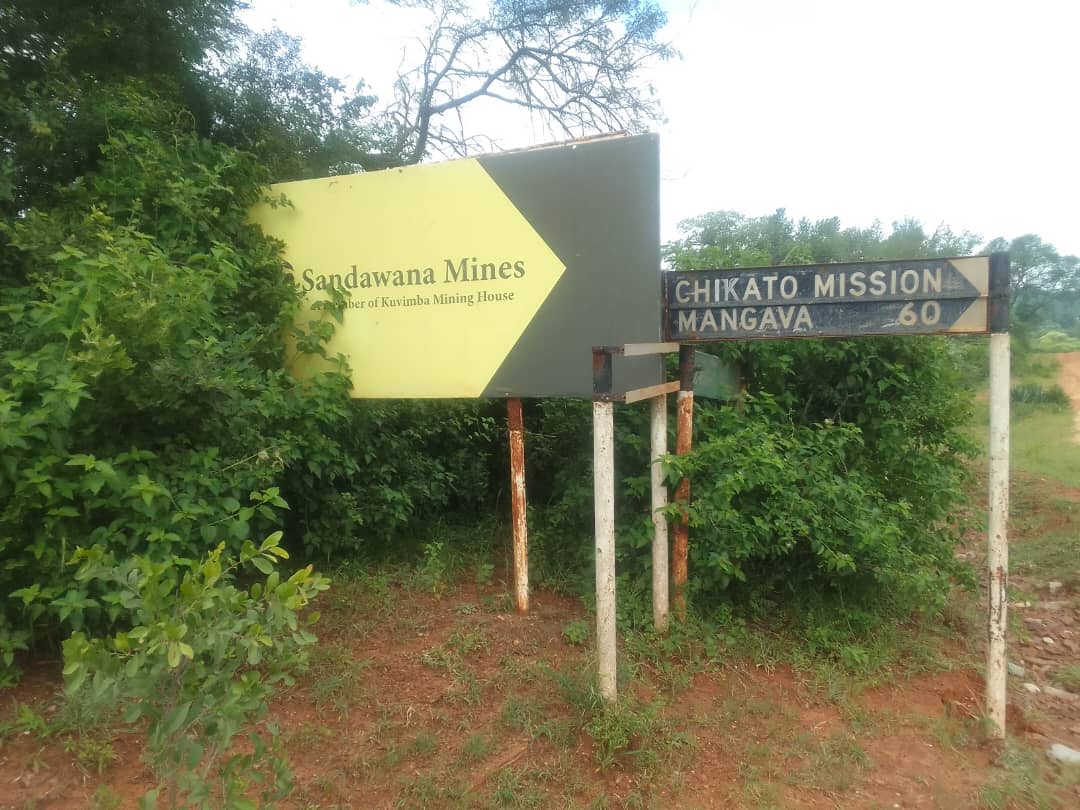ECC Champion
Conservation of biodiversity is protection, upliftment and scientific management of biodiversity so as to maintain it at its threshold level and derive sustainable benefits for the present and future generation.
Due to climate change and other human activities, there has been an unprecedented alteration in biodiversity threatening the balance in the ecosystem.
One successful story in Zimbabwe’s fight to conserve its biodiversity is the story of the Chirinda Forest Reserve.
The Chirinda Forest Reserve in Chipinge district of Manicaland province covers about 950 hectares of primary evergreen forest.
It is one of the larger protected forest areas in the country with a unique combination of tropical and subtropical vegetation species and is the remains of a once extensive forest which covered this area in a previous era with a hotter, wetter climate.
As with the birds, Chirinda is important in the distribution of forest reptiles and amphibians because it is intermediate between high and low altitudes.
The Chirinda forest is home to the Big Tree (or The Big Tree in Chirinda Forest) which is the tallest native or indigenous tree in Zimbabwe, and a declared National Monument. The tree is 65 m tall and measures 4.5 m in diameter.
Conservation of biological diversity leads to conservation of essential ecological diversity to preserve the continuity of food chains.
Here are six reasons why it is important to conserve biodiversity
1.The genetic diversity of plants and animals is preserved.
2.It ensures the sustainable utilisation of life support systems on earth.
3.It provides a vast knowledge of potential use to the scientific community.
4.A reservoir of wild animals and plants is preserved, thus enabling them to be introduced, if need be, in the surrounding areas.
5.Biological diversity provides immediate benefits to the society such as recreation and tourism.
6.Biodiversity conservation serves as an insurance policy for the future.
This report was made possible through support from WAN-IFRA Media Freedom’s Strengthening African Media Programme: Climate Change and Environmental Reporting. Views expressed here do not belong to WAN-IFRA








